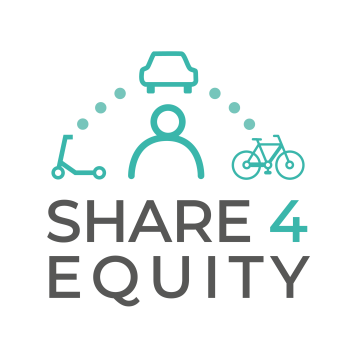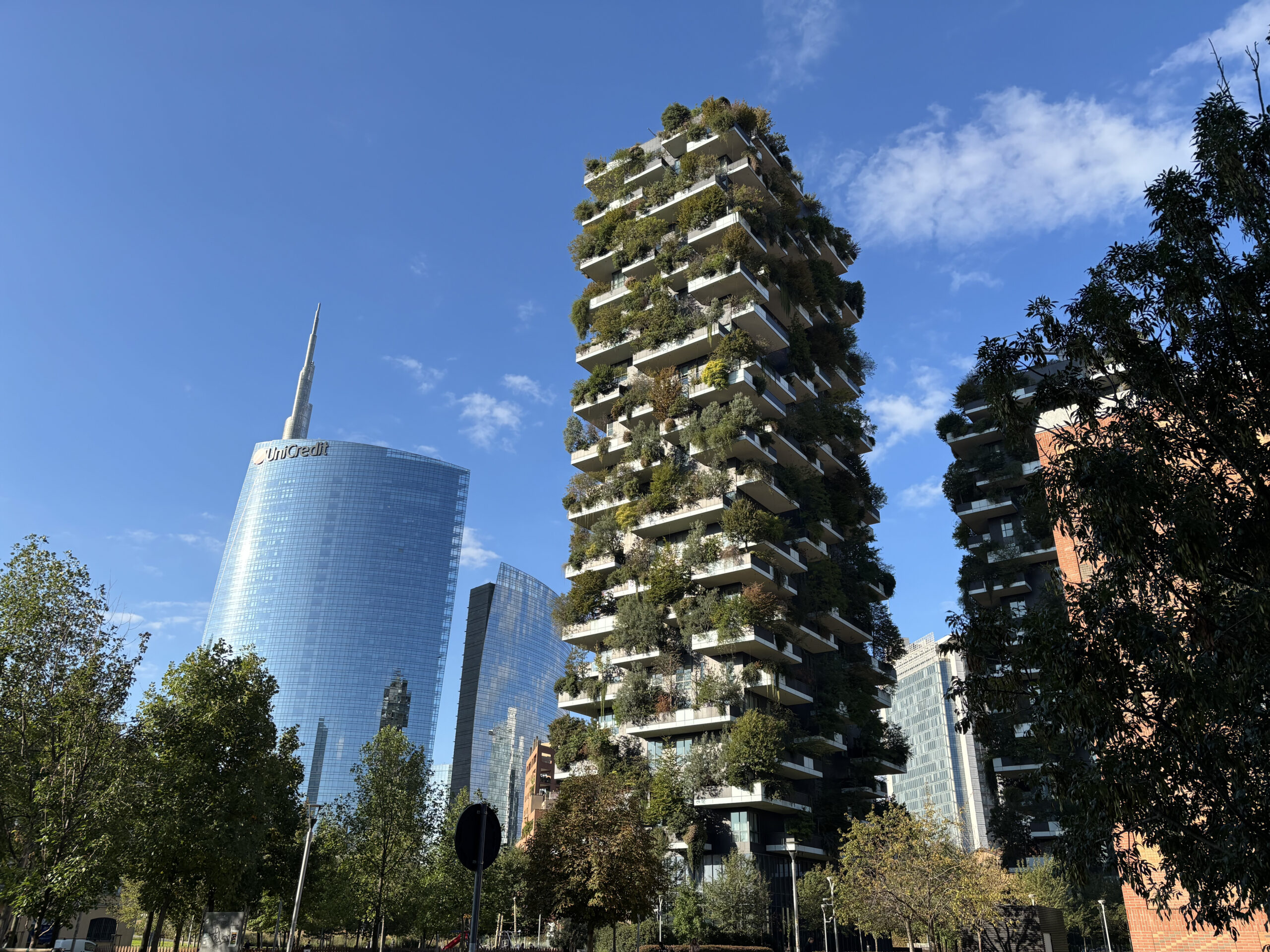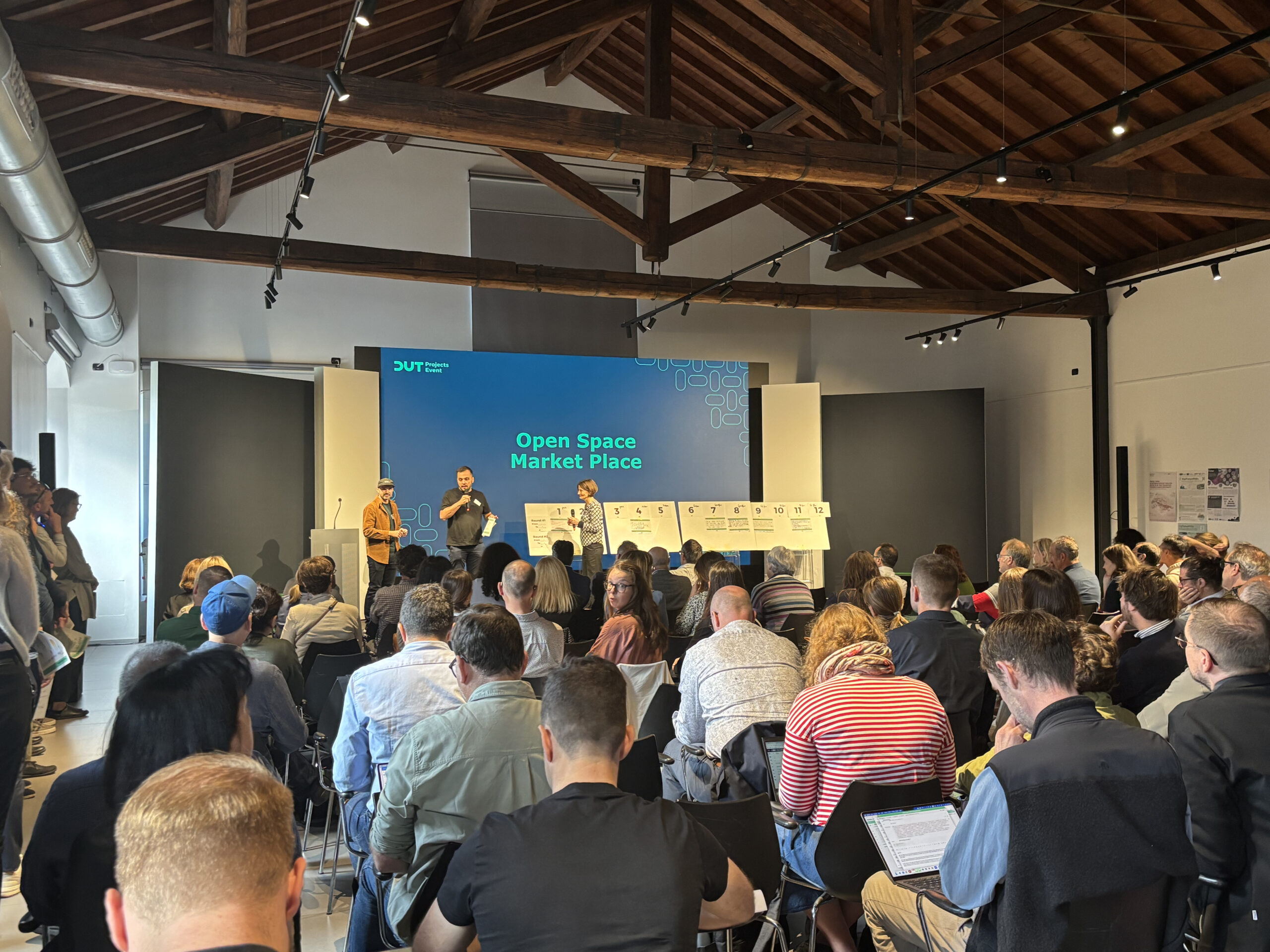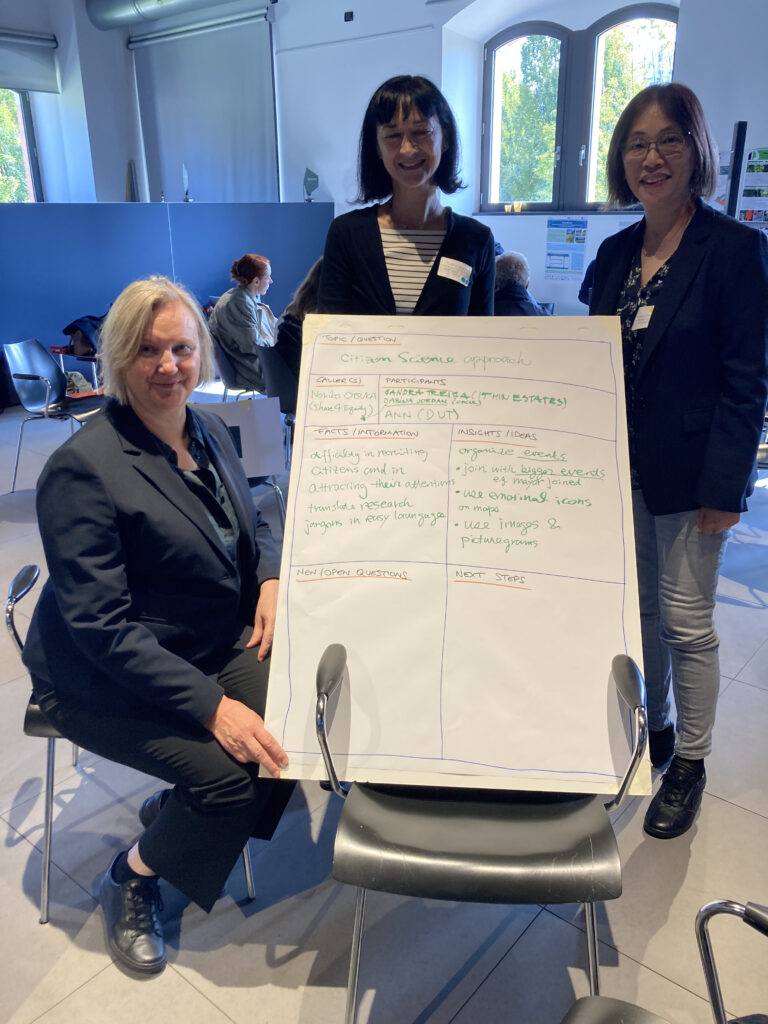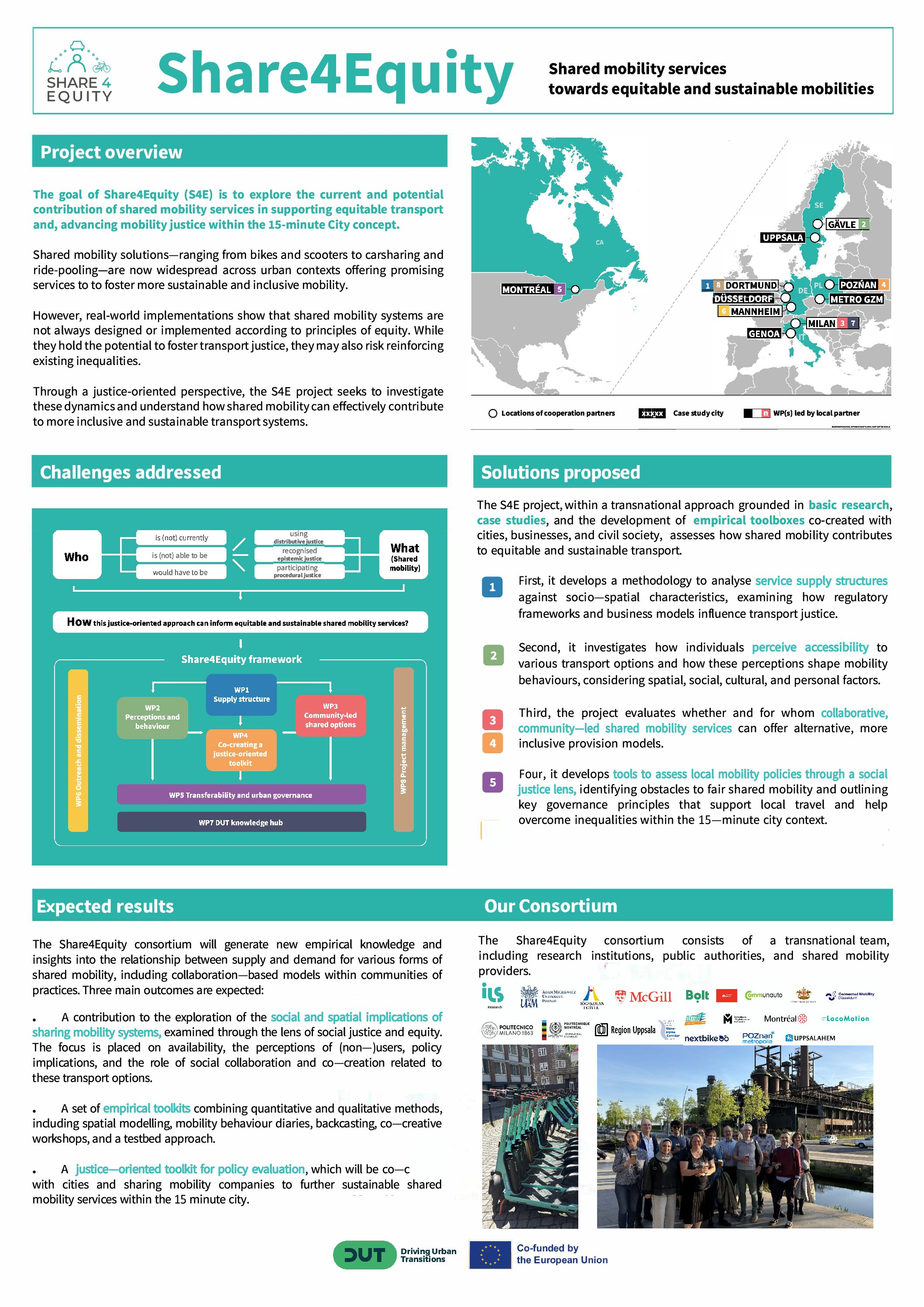From 15 to 17 October 2025, the partners of Share4Equity met in Poznań for the project’s second consortium meeting, hosted by Adam Mickiewicz University.
The presentations in Poznań showed how the project has started moving from conceptual groundwork toward comparative and empirical research. The partners discussed analyses of shared-mobility systems that illustrate how governance traditions, local regulations and market conditions influence where and how such services take root. These studies provide a growing picture of shared mobility as an uneven and highly context-dependent phenomenon.
Parallel sessions examined how people experience and perceive shared mobility. Surveys and qualitative studies have begun to trace how social position, gender and income affect access to shared modes, and how issues such as cost, trust and digital literacy can shape participation. Another focus was on emerging community-based forms of mobility. The Genoa testbed (district of Biscione), investigates how residents and local associations (ELETTRA) cooperate to design and manage small-scale sharing schemes in neighbourhoods where public transport is limited. These initiatives show that collaborative approaches can be a response to specific gaps in urban mobility rather than a simple extension of market services.
Discussions also turned to the theoretical and governance aspects of justice. A joint review synthesised more than a thousand publications on shared mobility and equity, mapping how academic research tends to privilege distributive aspects, who has access and where, while rarely exploring the social and institutional processes behind those inequalities.
To complement this, our partners from Canada presented first findings from interviews with operators and city representatives in Montreal, including BIXI, Communauto and LocoMotion. The conversations revealed how different actors interpret equity goals in practice and how financial stability, municipal support and user diversity affect their capacity to reach underserved populations.
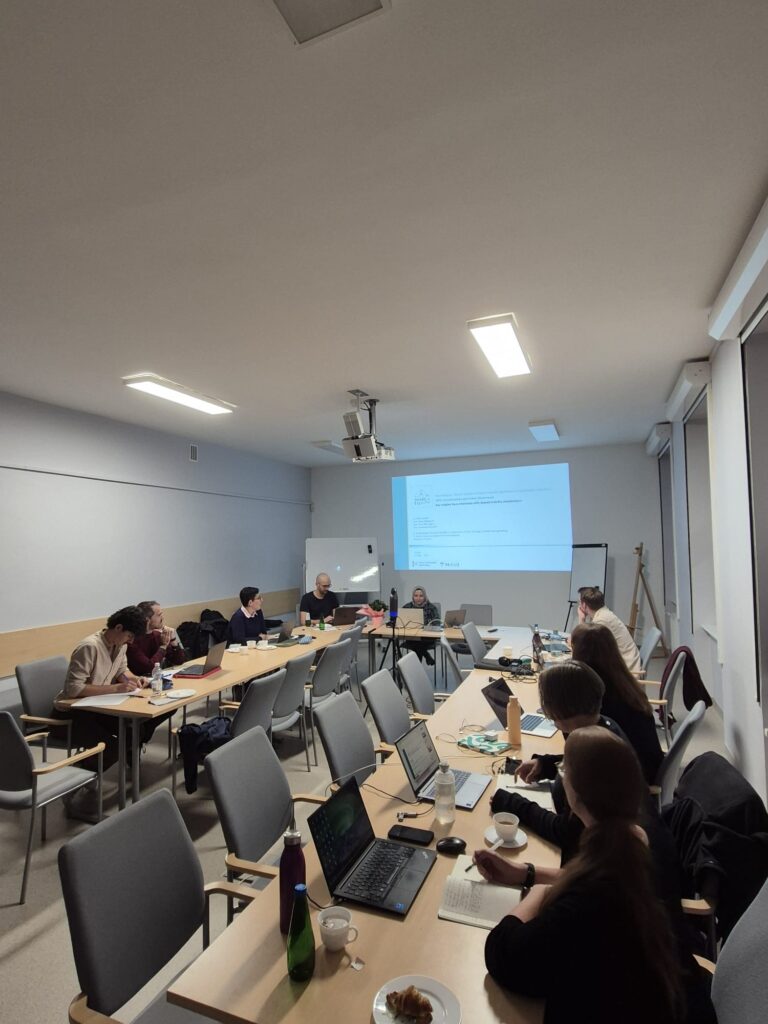
In addition to the presentations and discussions, Adam Mickiewicz University organised several activities that gave partners the opportunity to explore Poznań and its recent mobility transformations. During a guided excursion through the city, it was illustrated how large sections of streets and parking areas once reserved for cars have been redesigned for pedestrians, cyclists, and public use. As the group walked through the city, participants could see numerous shared-mobility services—bike- and e-scooter-sharing in particular, showing how accessible alternatives are becoming an integral part of everyday travel in Poznań.

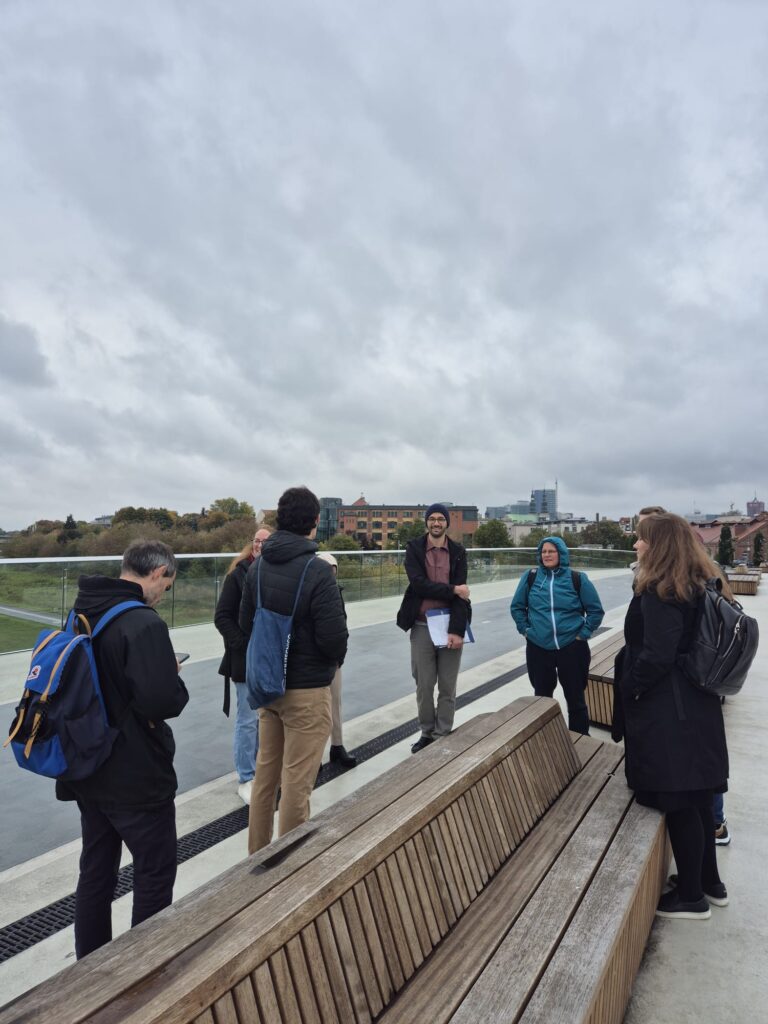
On Friday, the programme continued with a visit to GZM Metropolis and Nextbike Poland, where representatives shared insights into their regional mobility initiatives. The GZM area today runs one of Europe’s largest bike-sharing networks, with over 7 000 bicycles and 900 stations, and is widely regarded as a leading example of how metropolitan coordination can curb car dependency and expand shared mobility across municipalities. The visit provided an inspiring complement to the meeting discussions, linking the consortium’s analytical work with real examples of governance and implementation in Poland.

The next phase of Share4Equity will focus on the qualitative research led by the University of Gävle, which examines how people experience and perceive justice in mobility. Following the completion of the scoping review on perceived justice in transportation, the team is now launching a series of back-casting workshops, interviews and focus groups in the Uppsala region. These activities will bring together residents, service providers, and planners to discuss accessibility, inclusion and fairness in existing and future mobility options. Insights from these conversations, beginning with the first focus group scheduled after the pilot workshop this autumn, will provide the foundation for the project’s empirical dataset and help connect users’ lived experiences with the governance and supply structures analysed in other work packages
